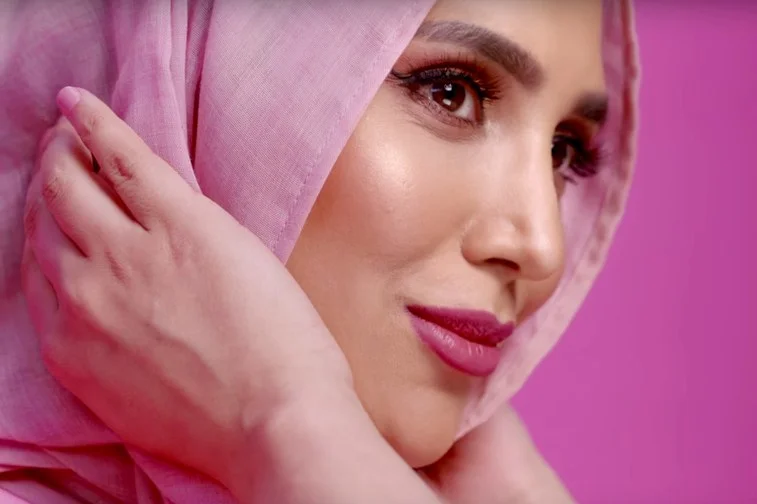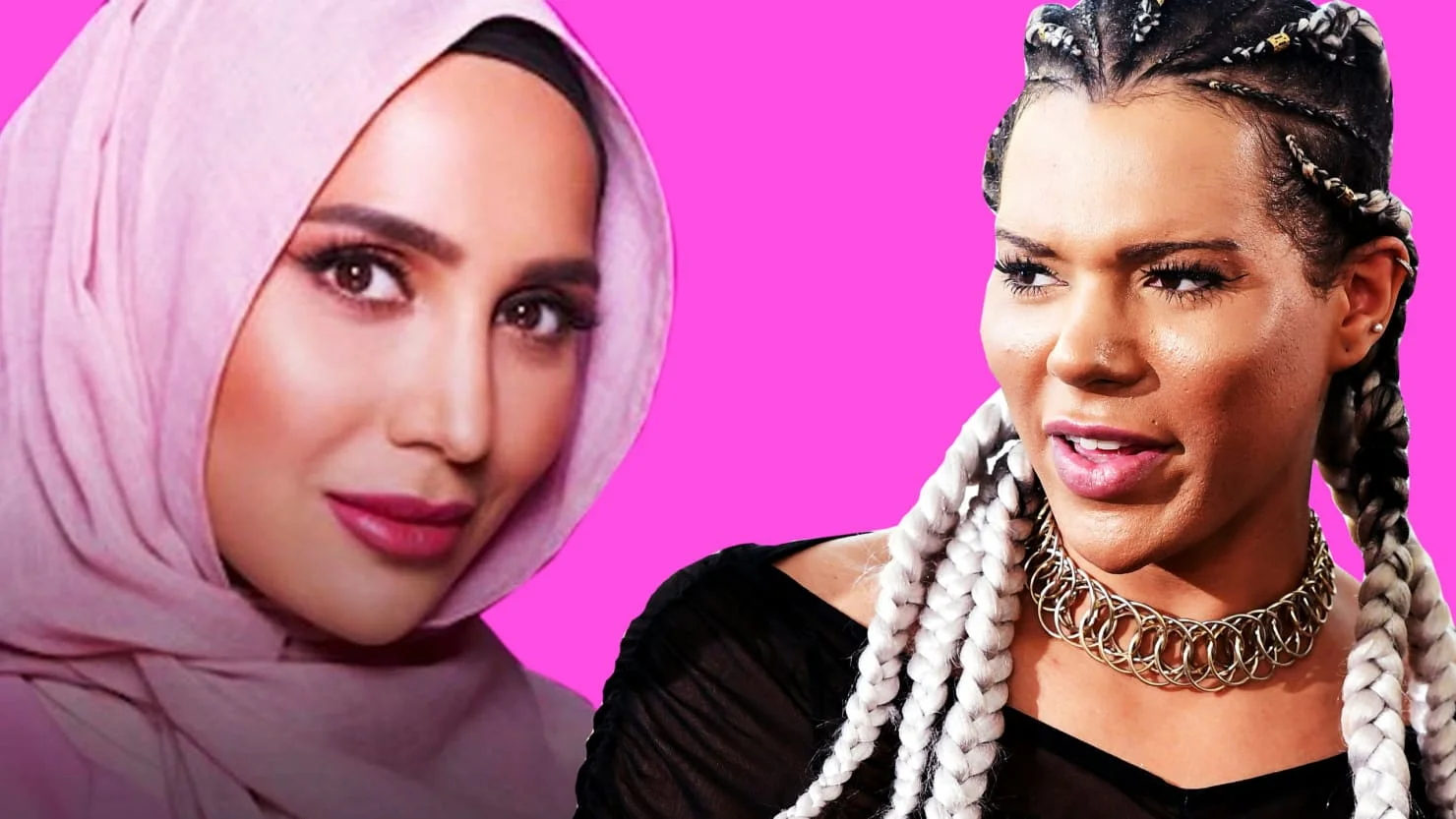L’Oréal Paris Fires Amena Khan Over 2014 Anti-Israel Tweet, Requiring Yet Again That Models Not Have Opinions
/British beauty blogger Amena Khan's L'Oréal Paris campaign debuted in two parts. Khan made history as the first hijab-wearing model to star in a hair campaign for a major international media brand. L'Oreal flexed their global diversity muscles, explaining that hair care is of interest to every woman, whether she shows her hair in public or not.
Khan, who first began wearing a headscarf in public during her twenties, also worked with the French brand on their 2017 collaboration with The Prince’s Trust, wrote on her Instagram that this was a “game changing” new project.
“You have to wonder – why is it presumed that women that don’t show their hair don’t look after it,” Khan said in an interview with Vogue magazine.
“The opposite of that would be that everyone that does show their hair only looks after it for the sake of showing it to others. And that mindset strips us of our autonomy and our sense of independence.”
Speaking of autonomy and independence, the comment makes me think of Trump's critique of Khizr Khan's wife, Ghazala, and her not speaking when her husband delivered a blistering critique of the now-president at the 2016 Democratic National Convention. Trump suggested that perhaps she's not allowed to speak in public.
In a glaring omission of followup facts on the British Vogue website, chapter two of Amena Khan's story is not told a week later. #NoExcuses. In fact, British Vogue lets L’Oréal Paris trade on the goodwill of appointing Amena Khan, when reality is that Khan follows trans woman Munroe Bergdorf in being fired days after her big-fanfare appointment.
The event prompted Amy Zimmerman to post this story on The Daily Beast: L’Oréal Loves Its Diverse Models—as Long as They Don’t Have Opinions.
Rather than doing full due diligence on the front end of their Amena Khan appointment, L’Oréal discovered after the fact that in 2014 the blogger wrote now deleted tweets condemning Israel as an "illegal state."
She wrote at one point, “Israel = Pharoah. Both are child murderers. Insha'Allah, defeat also awaits the former; it's only a matter of time. #HopeForGaza #SaveGaza”
After the tweets generated major criticism, Khan addressed her 39.7K twitter followers in a lengthy statement: “I deeply regret the content of the tweets I made in 2014, and sincerely apologise for the upset and hurt that they have caused. Championing diversity is one of my passions, I don't discriminate against anyone. I have chosen to delete them as they do not represent the message of harmony that I stand for…I recently took part in a campaign, which excited me because it celebrated inclusivity. With deep regret, I've decided to step down from this campaign because the current conversations surrounding it detract from the positive and inclusive sentiment that it set out to deliver.”
A L’Oréal Paris spokesperson confirmed to the BBC that, “We appreciate that Amena has since apologised for the content of these tweets and the offence they have caused. L’Oréal Paris is committed to tolerance and respect towards all people. We agree with her decision to step down from the campaign.”
There's no word yet on whether L’Oréal has severed all of its ties with Khan, who was signed by the company in 2016 and is an ambassador for its three-year collaboration with The Prince’s Trust charity. On their website, the “blogger and business woman” remains featured Monday morning, January 29, 2018.
The Wire noted on Sunday, January 28 that Gal Gadot tweeted during the same military assault on Gaza in support of the Israeli army. Gadot didn't escape censure on Twitter. She was accused of supporting the killing of civilians and the 'Wonder Woman' movie was widely boycotted in countries like Lebanon, Jordan and Tunisia. But there was no pressure on Gadot to resign her position as a Revlon brand ambassador or as the face of Gucci Bamboo fragrance.
In an op-ed piece that would take us way off track in what should be a short Models Archives post, Malia Bouattia wrote for Aljazeera UK: How the 'diversity industry' silences people of colour.
Somali-American model Halima Aden has spoken extensively on wearing a hijab in today's fashion industry -- while also entering US beauty pageants. Her archives were installed this morning.


